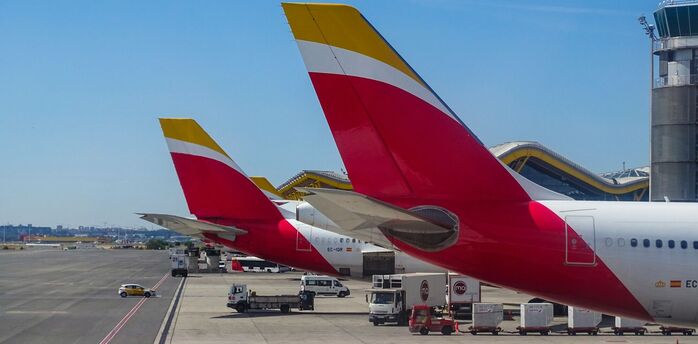UK Travel Industry Faces New Regulatory Challenges Impacting Travelers

The UK travel industry is preparing for a major shift in the enforcement of consumer protection laws. With new regulatory powers coming into effect, travel companies could face significant fines for non-compliance, potentially reshaping the industry’s approach to consumer rights and offering greater protection for travelers.
Regulators now have the authority to impose substantial fines to ensure compliance and penalize violators. The CEO of the Competition and Markets Authority (CMA) described the new law as a pivotal moment for consumer protection in the UK, marking a significant win for travelers who can expect higher standards and fairer practices from travel companies.
The travel sector, which is governed by a variety of consumer protection laws, must pay close attention to these changes. Specific regulations apply to package holidays, and general laws mandate fairness in customer terms, sales practices, and overall consumer treatment. For travelers, this means clearer, fairer terms and conditions and more reliable information when booking holidays.
Historically, regulators have struggled with limited enforcement tools. While data privacy breaches have seen strict penalties, other consumer protection laws have not been enforced as rigorously. The new Digital Markets, Competition, and Consumers Act 2024 (DMCC) aims to change this by giving the CMA the power to impose fines and make independent decisions on breaches without resorting to lengthy court proceedings.
The DMCC allows the CMA to fine companies up to 10% of their turnover or £300,000, whichever is higher. This includes the turnover of subsidiaries and parent companies, making the potential financial impact substantial, especially for large corporate groups. The CMA can also fine individual managers and directors who are found to have consented to or been complicit in legal breaches. For travelers, this means that those responsible for unfair practices are held accountable, promoting a more trustworthy travel environment.
Other regulators, such as the Civil Aviation Authority (CAA) and Trading Standards, will also be able to impose fines for non-compliance, enhancing the overall enforcement framework. This expanded regulatory power ensures that travelers are better protected across various aspects of the travel industry.
To avoid hefty penalties, travel companies should audit their marketing practices, sales techniques, customer terms, and compliance with the Package Travel Regulations. Ensuring adherence to these standards is crucial to avoid becoming a target under the new regulatory regime. For travelers, this proactive approach by companies translates to a higher likelihood of fair treatment and transparent dealings when planning and booking their travels.



















